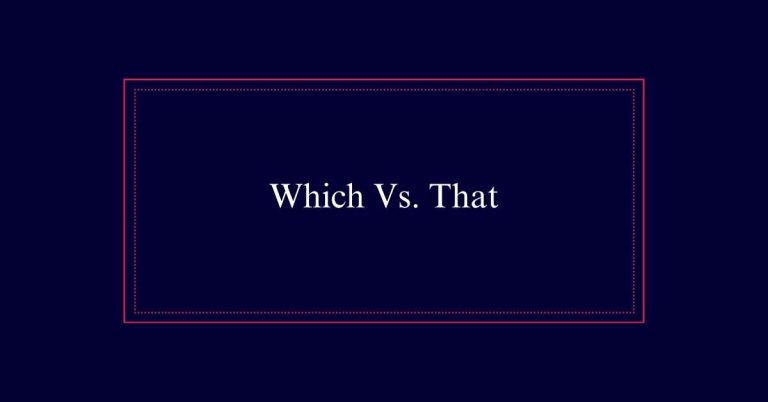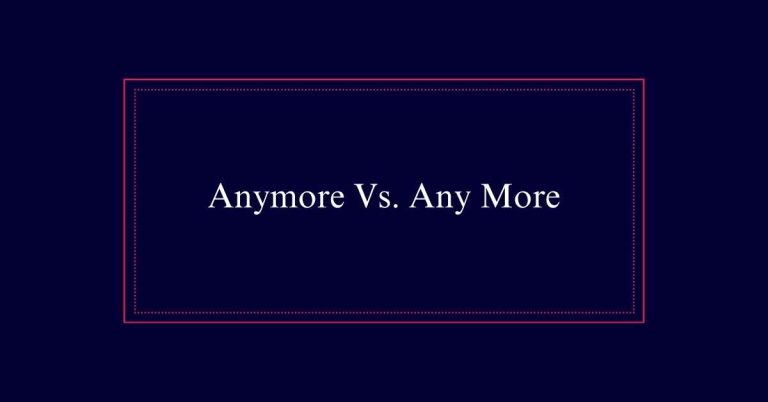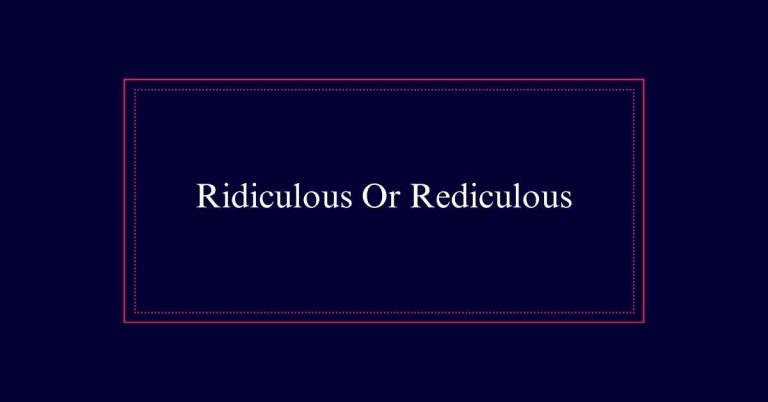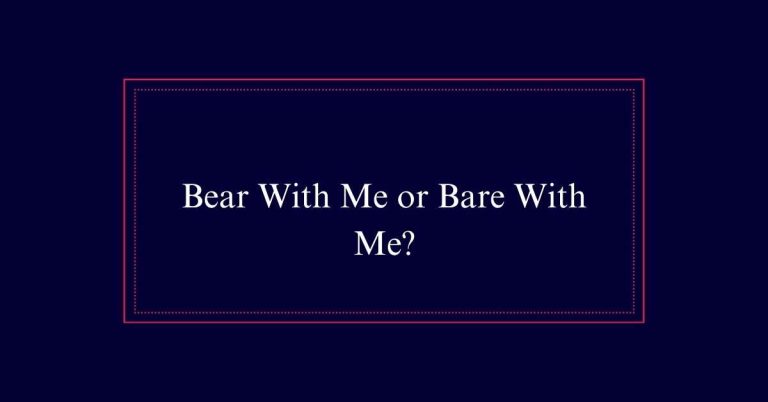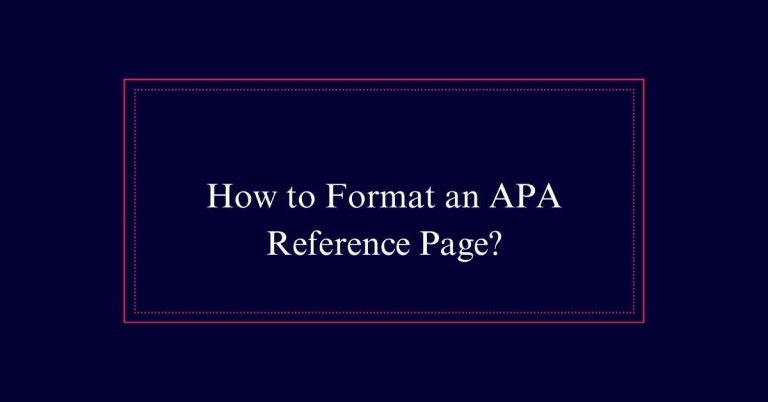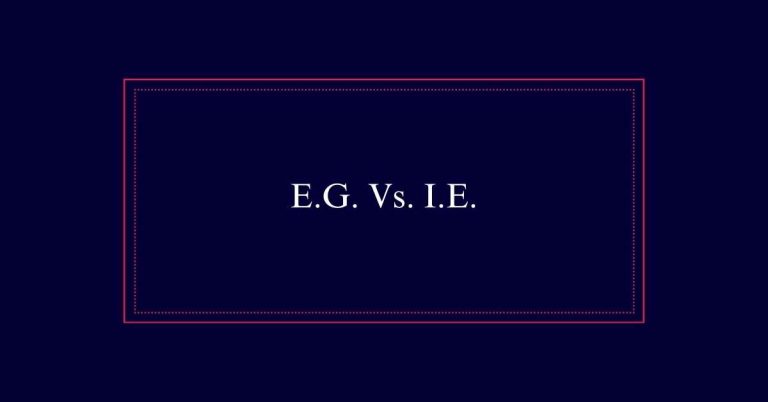Is Bestest a Word?
Yes, ‘bestest’ is a word, but it is informal and nonstandard. It is often used humorously or affectionately, especially by children, to emphasize something as the ultimate best. Grammatically, it is incorrect and redundant since ‘best’ already signifies the highest degree.
Definition of ‘Bestest’
The term ‘bestest’ refers to something considered the very best, surpassing even the superlative ‘best.’ It implies a level of excellence that goes beyond what is typically regarded as the highest standard.
The word is formed by adding the superlative suffix ‘-est’ to ‘best,’ a practice that is grammatically incorrect. Despite its nonstandard status, ‘bestest’ is recognized in dictionaries as informal or humorous. It is often used by children or in casual contexts where exaggeration is intended.
Not suitable for formal writing, ‘bestest’ serves as an emphatic way to express that something is exceptionally outstanding, even more so than what ‘best’ conveys. This term has been part of English usage since the mid-eighteenth century.
History of ‘Bestest’
Originating in the mid-eighteenth century, ‘bestest’ has long been a playful addition to the English language. It is used to emphasize something as the best among the best. Despite being grammatically incorrect, it has persisted in informal and humorous contexts. Early uses were often found in children’s speech and literature, reflecting its playful nature. Over time, ‘bestest’ has appeared in various forms of media, including magazines and social media, primarily for comedic or ironic effect.
| Period | Context | Usage Example |
|---|---|---|
| 18th Century | Children’s literature | “My bestest friend” |
| 20th Century | Informal speech | “You’re the bestest ever!” |
| 21st Century | Social media, headlines | “Had the bestest time ever!” |
Formation of ‘Bestest’
Crafting ‘bestest’ involves adding the superlative suffix ‘-est’ to ‘best,’ despite ‘best’ already being the superlative form of ‘good.’ This formation is redundant because ‘best’ represents the highest degree of something. The addition of ‘-est’ creates a word that is non-standard and informal.
The word ‘bestest’ is often used for emphasis or humor, particularly in colloquial speech or by children. It is not accepted in formal writing or professional contexts. While dictionaries may include ‘bestest,’ they often label it as nonstandard or humorous.
Grammar Rules
Understanding the formation of ‘bestest’ leads us to examine the grammar rules it defies. In English, ‘best’ is the superlative form of ‘good,’ indicating the highest degree.
Adding the suffix ‘-est’ to ‘best’ creates ‘bestest,’ which is grammatically incorrect. This is because ‘best’ already serves as the ultimate superlative, meaning adding another superlative suffix is redundant.
English grammar rules dictate that superlatives like ‘best’ do not need further modification. Despite its incorrect formation, ‘bestest’ is often used informally, especially by children, to emphasize something exceedingly positive.
Dictionary Entries
Dictionary entries for ‘bestest’ typically mark the term as informal, nonstandard, or humorous. Most dictionaries that include ‘bestest’ note it is not grammatically correct. This is because ‘best’ is already the superlative form of ‘good,’ making ‘bestest’ redundant. Despite this, the word has been in use since the mid-eighteenth century.
Dictionaries often categorize ‘bestest’ under colloquial or childlike speech. They clarify that while it is recognized, it should not be used in formal writing or professional contexts. The term is more suitable for casual conversation or playful language.
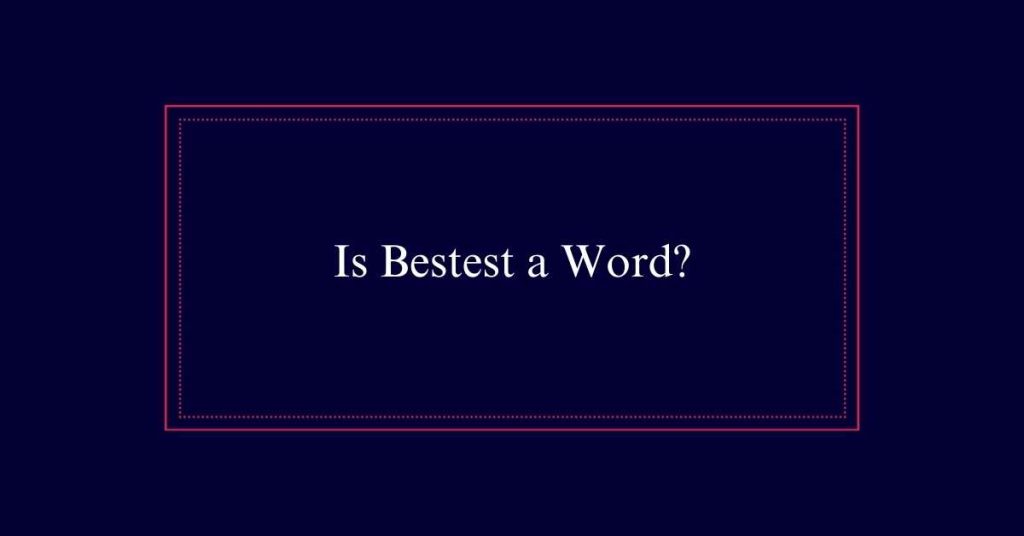
Informal Usage
‘Bestest’ finds its place in informal usage, often appearing in casual conversations and playful contexts. It is primarily used by children or in a humorous manner by adults. While not grammatically correct, it adds a layer of emphasis or charm to the word ‘best’. This nonstandard term is seen in light-hearted environments, such as social media, friendly chats, or informal writing.
Here is a comparison of formal and informal usage:
| Context | Example Phrase |
|---|---|
| Formal | She is the best candidate. |
| Informal | She is the bestest friend ever! |
| Formal | We had an excellent time. |
| Informal | We had the bestest time last night! |
Examples in Sentences
In informal contexts, ‘bestest’ is often used to emphasize that something is better than the best. For instance, one might say, ‘Tom enjoys school because he can play with his bestest friend, Carrie.’
Another example is, ‘We had the bestest time last night at the club!’ Here, ‘bestest’ amplifies the fun experienced. Similarly, ‘Thanks mate, you’re the bestest!’ shows deep gratitude. These examples highlight how ‘bestest’ serves to intensify positive sentiments.
Children’s Language
Children often use playful and exaggerated language, making words like ‘bestest’ a natural part of their vocabulary. This tendency reflects their creative and exploratory approach to communication.
When children say ‘bestest,’ they are intensifying an already superlative term to express extreme affection or approval. Such expressions are common in early language development, where rules are less rigid and imagination is boundless.
This playful usage helps children connect emotionally with their peers and family. Though grammatically incorrect, these words play an important role in social interactions and bonding.
Humor and Irony
Writers often employ ‘bestest’ to inject humor or irony into their work, knowing it will be recognized as playful and informal. The term is not grammatically correct, but it brings a whimsical touch to the text. It’s often used in informal settings, such as social media or light-hearted articles, to emphasize a point humorously.
| Situation | Purpose | Example |
|---|---|---|
| Social Media Post | To engage followers | “Had the bestest day ever!” |
| Magazine Headline | To attract attention | “The Bestest Summer Travel Destinations!” |
| Casual Conversation | To add humor | “You’re the bestest friend in the world!” |
| Children’s Speech | Expressing enthusiasm | “That was the bestest story ever!” |
| Light-hearted Writing | Irony or Playfulness | “Get ready for the bestest experience!” |
Formal Writing Considerations
Although ‘bestest’ is frequently used in informal contexts, it is not appropriate for formal writing. In professional and academic settings, language must adhere to standard grammatical rules.
‘Bestest’ is a nonstandard term and can undermine the credibility of your writing. Instead, use ‘best,’ which is the correct superlative form of ‘good.’ Clarity and precision are essential in formal writing, and using nonstandard words can confuse readers.
For important documents, reports, or any serious communication, stick to accepted grammar and vocabulary. This guarantees your message is understood and respected. Reserve ‘bestest’ for casual conversations where humor or emphasis is intended, but avoid it in all formal contexts.

